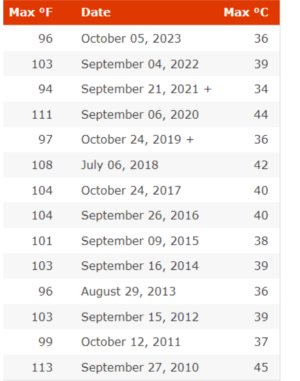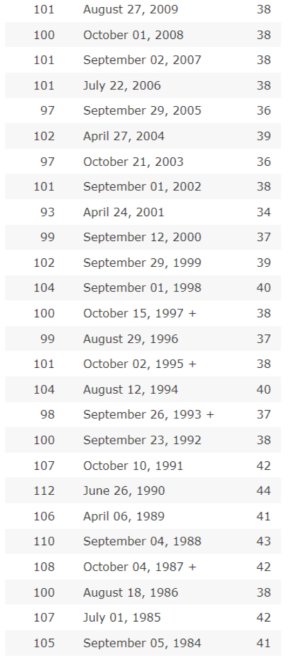Just one big con…





Shrinking island, vanishing polar bears — the climate scare stories that turn out to be false
Looking back on more than 20 years of
climate agitation, two themes emerge: a stubborn unwillingness by campaigners to acknowledge any inconvenient science, and ever-shifting favorite stories, first elevated and then dropped by the wayside.
The one constant: a fixation on scaring the public, which has in turn shaped bad climate policies.
At the start of this century, the polar bear was the emblem of climate apocalypse.
Protesters dressed as polar bears, while Al Gore’s hit 2006 film “
An Inconvenient Truth” showed us a sad, animated polar bear floating away to its death.
The Washington Post warned that polar bears faced extinction, and the World Wildlife Fund’s chief scientist even claimed some polar bear populations would be unable to reproduce by 2012.
And then in the 2010s, campaigners just
stopped talking about polar bears.
Why? Because after years of misrepresentation, it finally became impossible for them to ignore a mountain of evidence showing
that the global polar bear population has increased substantially from around 12,000 in the 1960s to around 26,000 in the present day. (The main reason? People are hunting a lot less polar bears).
The same thing has happened with depictions of
Australia’s Great Barrier Reef.
For decades, campaigners shouted that the reef was being killed off by rising sea temperatures.
After extensive damage from a hurricane in 2009, official Australian estimates of coral cover reached a low in 2012.
The media was flooded with claims of the “
Great Reef Catastrophe” and
scientists predicted the reef would be decimated by 2022. The Guardian even
published an obituary.
The latest official statistics show a completely different picture. For the past three years,
the Great Barrier Reef has had more coral cover than at any point since records began in 1985, with 2024 setting a new record.
https://nypost.com/2024/09/15/opini...mate-scare-stories-that-turn-out-to-be-false/






